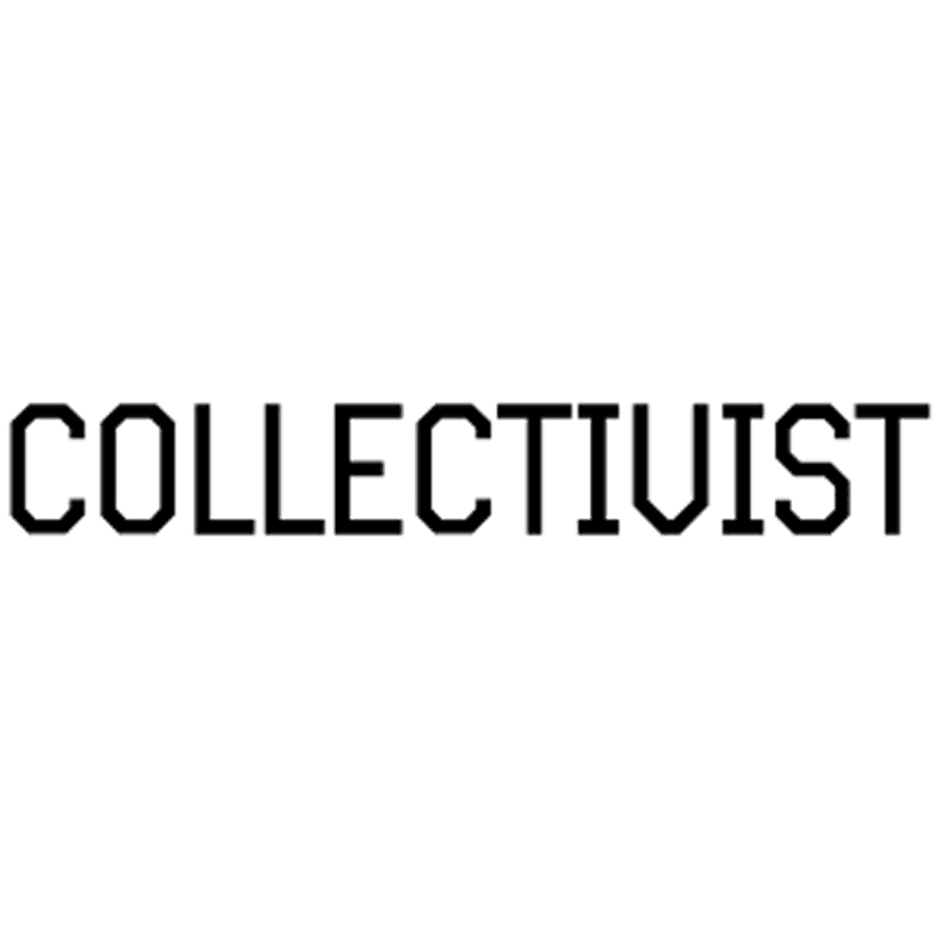PR agency in South Africa
DUO Marketing + Communications (DUO) was founded in 2004 by Judith Middleton. As a Director of the Cape IT Initiative (CITI) and one of the founding members that created South Africa’s first IT incubator, Bandwidth Barn, Judith realised the need for strong, affordable marketing and PR solutions for enterprises within the tech industry.
DUO Marketing is a PR and Digital Marketing agency in South Africa that specialises in servicing technology brands in Africa (South Africa, Nigeria, Zimbabwe, Zambia, Malawi, Ghana and Kenya). Our service offering covers strategy and planning, communications, and traditional and digital marketing.
What makes DUO Marketing unique is our robust team of professionals, all of whom have experience with technology companies, from SMEs built from the ground up by local entrepreneurs to NASDAQ-listed giants.
Vision & Mission
DUO’s vision is to give tech innovators a voice. Our strength lies in our ability to translate technology value into tangible business value and then harvest these outputs in the media and other relevant digital platforms for optimum brand exposure.
Our mission is to be the complete marketing and communications partner, facilitating growth and enabling greatness for tech companies by harvesting business value out of technology. We believe a holistic strategy reaps the best results and return on investment. We can support your business across owned, earned and paid marketing and communications activities.
Approach to Customer Service
We are an owner-managed agency which means we can be agile and flexible. As such, we have dispelled the conventional layered approach within traditional agencies and organised our teams to distribute roles to the people who are best skilled and suited to them rather than those who have capacity.
Our challenge is to drive a strengths-based methodology such that client IP is retained across a range of individuals at DUO Marketing from those writing content, to those pitching to media or securing opportunities for your brand.

The essence of DUO
The very nature of our name – DUO – means we approach every client engagement as a partnership. We don’t work in isolation – our clients play a constant and pivotal role in building their brands, just as we do.
We are exceptional at finding and translating the human elements to our clients’ technology solutions. We take hard tech and tell stories about the tech to make it more human. This approach, combined with our relentless focus on meaningful outcomes and our professional approach, has given us a seat at all our client’s boardroom tables as strategic advisors.
We strive to provide value to our clients and do not swap time for money. We understand the commercial role of communications within our clients’ businesses and develop strategies that deliver a return on investment (ROI) based on their business needs.
We sell expertise to clients. Every product or service we offer is created and implemented by an experienced, skilled and professional expert. We are not afraid to say no to work where we are not confident that we can deliver to our own high standards.
Every one of DUO’s clients enjoy the personal care and attention of a professional team that is passionate about growing their business through PR, digital marketing, social media and integrated communications.
Each DUO staff member is committed to delivering value. We maintain integrity in all our dealings with colleagues, clients, the media and suppliers. We act professionally at all times and aspire to foster a culture within the organisation that is driven by achieving meaningful results.
While we work hard, we also value the importance of a balanced lifestyle that allows for more than just work. We put in our best effort during office hours and then spend the time to build and maintain fulfilling personal lives. We don’t work around the clock. We are dedicated to delivering an exceptional customer experience and passion, integrity and a willingness to work hard are must-have qualities for anyone wanting to join our high-performance team.
Are you smart, results-oriented and passionate about tech? Do you enjoy exploring new opportunities and challenging yourself to be innovative and output-focused for your clients? Apply for any careers at DUO

Judith Middleton

Lesley Rencontre

Anish Abraham

Shey Nel

Ammaarah Kootbodien

Charlote Hlangwane

Leigh Callipolitis

Andrea Arendse

Bretta Russell-Espin

Devlin Brown

Tamsin McKay

Lebo Thobye

Brian Sibanda

Fatima Hassan

Mignon Keyser

Charles Middleton

Coming August 2025
Frequently Asked Questions
How do I select an agency?
Selecting the right public relations (PR) agency can be a crucial decision for a business. Here are some steps that a business can take to ensure they select the right agency:
- Define your goals and objectives: Clearly define what you want to achieve with PR and what specific results you expect to see. This will help you to find an agency that has expertise in your specific area of interest.
- Research agencies: Look for agencies that have experience in your industry and have a track record of delivering results. Look for case studies and testimonials from previous clients.
- Check for industry awards and recognition: Agencies that have won awards or have been recognized by industry organisations are often considered to be among the best in the field.
- Schedule initial meetings: Schedule initial meetings with the agencies that you are interested in working with. This will give you a chance to learn more about the agency’s approach, their team and to discuss your goals and objectives.
- Evaluate their proposal and proposed team: After the initial meetings, the agencies should provide you with a proposal and a proposed team. Evaluate their proposal and proposed team, and ensure that they have the right skills and experience to deliver the results you are looking for.
- Check references: Contact their previous clients and ask about their experience working with the agency.
- Make your decision: After evaluating all the information, make a decision on which agency to work with.
- Continual evaluation: Continually evaluate the performance of the agency, and make sure they are meeting your goals and expectations.
By following these steps, a business can select an agency that has the expertise and experience to deliver the results they are looking for, and that will be able to help them to achieve their specific PR goals and objectives.
Why do I need a specialist Tech agency?
Technology companies should choose a specialist Technology PR agency because they have the specific knowledge, experience, and expertise to effectively promote the company and its products or services to other businesses. Here are some reasons why:
- Industry Knowledge: Specialist B2B technology PR agencies have in-depth knowledge of the technology industry, including the latest trends, products, and services. This allows them to create effective PR campaigns that are tailored to the specific needs of B2B technology companies.
- Media Relations: Specialist B2B technology PR agencies have established relationships with key journalists and media outlets in the technology industry. This can help to increase the visibility of the company and its products or services in the industry.
- Market Positioning: Specialist B2B technology PR agencies can help a company to position itself as a leader in the industry, by highlighting its unique features, benefits, and competitive advantages.
- Thought leadership: They can help with content creation, thought leadership, and positioning of the company’s executives and employees as experts in their field, which can increase brand awareness and credibility.
- Networking: They can connect the company with other industry leaders and influencers, which can help to build relationships, increase visibility, and generate new business opportunities.
- Measurement: They can provide measurement and evaluation of PR campaign performance, which can help the company understand the impact of the PR efforts, and make adjustments accordingly.
By working with a specialist B2B technology PR agency, B2B technology companies can effectively communicate their value proposition, increase brand awareness and credibility, and generate new business opportunities, which can ultimately help them to grow their business.
How to choose between a project or a retainer
Whether a company should have a retainer or work on a project basis when working with a PR agency depends on the company’s specific needs and goals.
Retainer-based relationships: A retainer-based relationship is when a company pays a monthly fee to the PR agency for ongoing PR services. This type of arrangement is often used for companies that need regular PR support and want to maintain a consistent level of visibility. Retainer-based relationships are a good fit for companies that want to build and maintain a strong public image, and need ongoing support to achieve this goal.
Project-based relationships: A project-based relationship is when a company hires a PR agency to work on specific projects or campaigns. This type of arrangement is often used for companies that need PR support for a specific event or product launch, or for companies that have a one-time need for PR services. Project-based relationships are a good fit for companies that have a specific PR goal, and need support to achieve that goal.
Both types of relationships have their own benefits and drawbacks. Retainer-based relationships provide a consistent level of PR support and often take priority within agencies. Project-based relationships can be more cost-effective, but may not provide the same level of ongoing support. Ultimately, the choice between a retainer or a project-based relationship will depend on the company’s specific needs and goals.
How important are KPIs and SLAs?
Service level agreements (SLAs) and key performance indicators (KPI’s) are important tools that DUO Marketing + Communications and other PR agencies use to measure and evaluate their performance and effectiveness.
- Service level agreements (SLAs) are agreements that outline the specific services that a PR agency will provide to its clients, as well as the level of service they will provide. This includes timelines, deliverables, communication channels and other important aspects of the service. SLA’s help to ensure that both the agency and the client are on the same page regarding expectations, and that the agency is held accountable for meeting those expectations
- Key Performance Indicators (KPIs) are metrics that help the agency to measure their performance against the goals and objectives of their clients. These metrics can vary depending on the client’s goals and objectives, but can include things like media impressions, media reach, media value, website traffic, and sales generated as a result of their PR efforts.
- DUO Marketing + Communications and other PR agencies use SLAs and KPIs to track the success of their campaigns, and make adjustments as needed to improve results. They also use these metrics to report back to their clients on the progress and effectiveness of their effort.
It’s important to note that SLAs and KPIs are an integral part of DUO Marketing + Communications service, they are used to ensure that the agency is meeting the expectations of their clients and that they are delivering results. They also help the agency to identify areas where they need to improve, and to make adjustments to their approach in order to achieve better results.
We have worked with incredible clients, including:
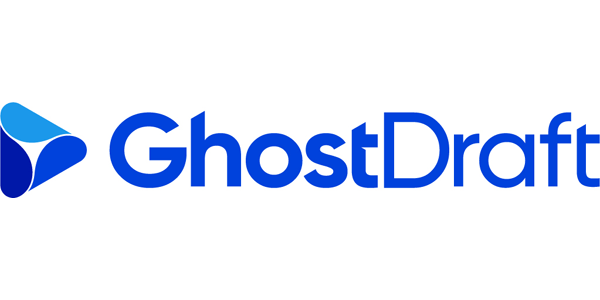

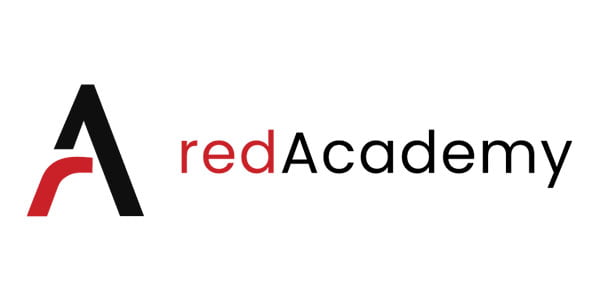
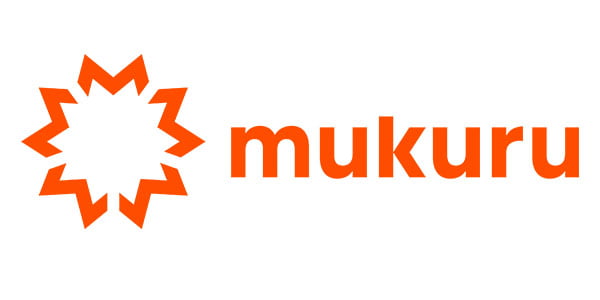
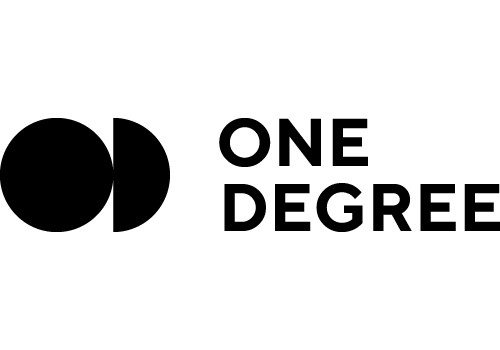
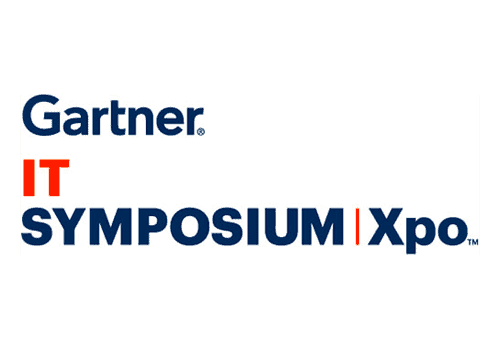
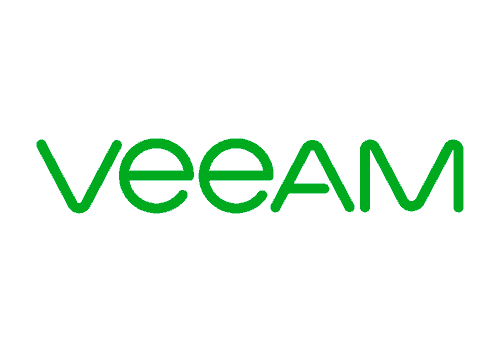
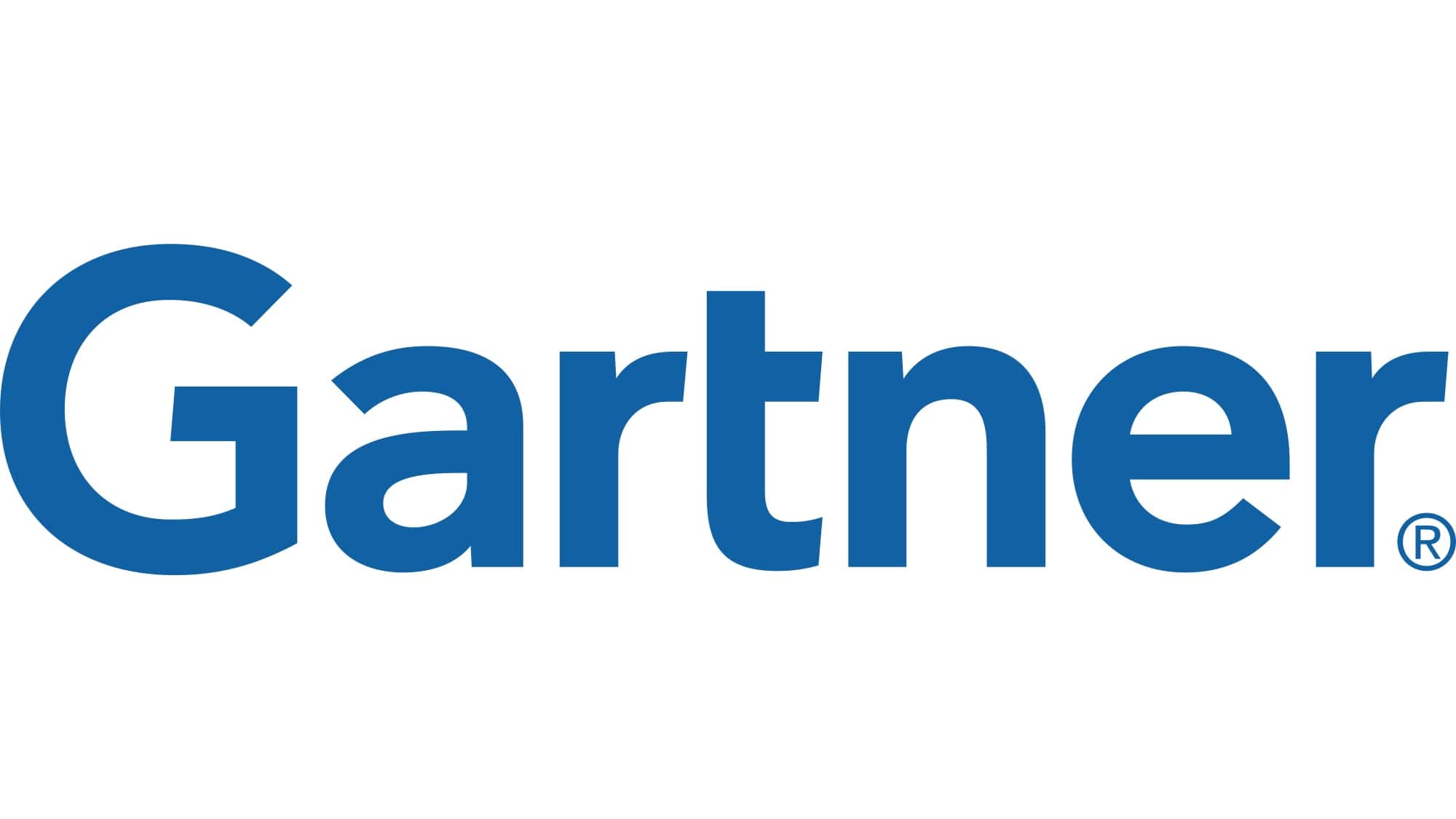

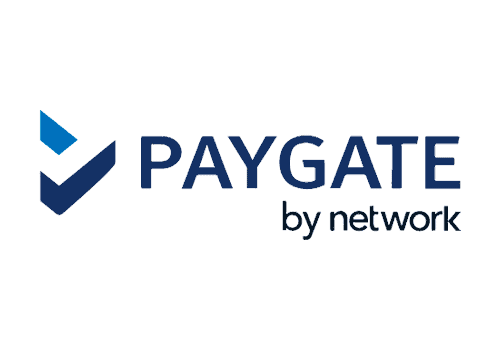
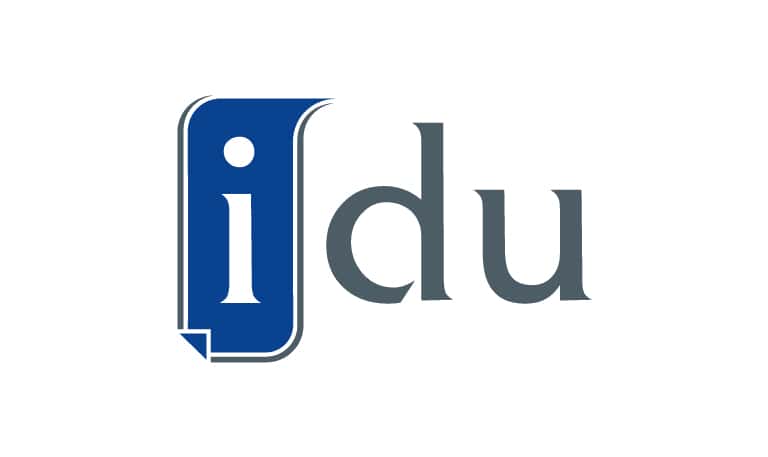
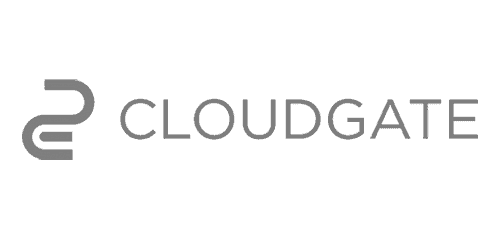
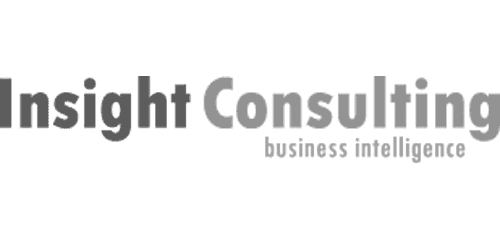

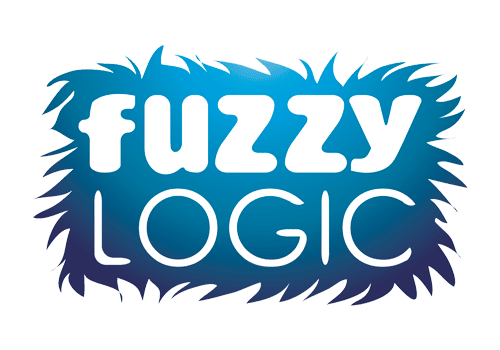
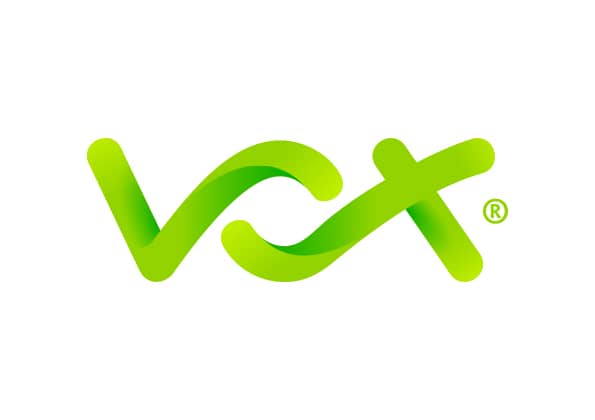
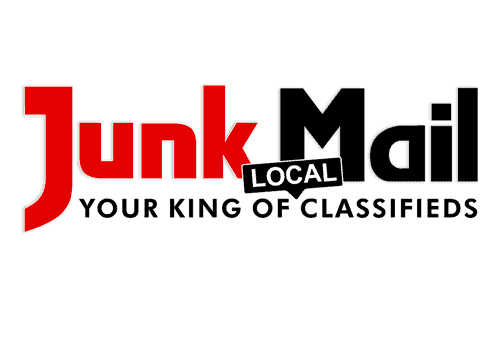
PRCA: Public Relations and Communications Association
DUO Marketing is a proud member of the Public Relations and Communications Association (PRCA) is the world’s largest professional PR body, which represents more than 35,000 PR professionals in 82 countries worldwide. With offices in London, Hong Kong, Dubai, Singapore, and Buenos Aires, it is a global advocate for excellence in public relations.
We are aligned to the PRCA’s mission to create a more professional, ethical, and prosperous PR industry. It champions – and enforces – professional standards around the world through its Professional Charter and Code of Conduct. The Code compels members to adhere to the highest standards of ethical practice.
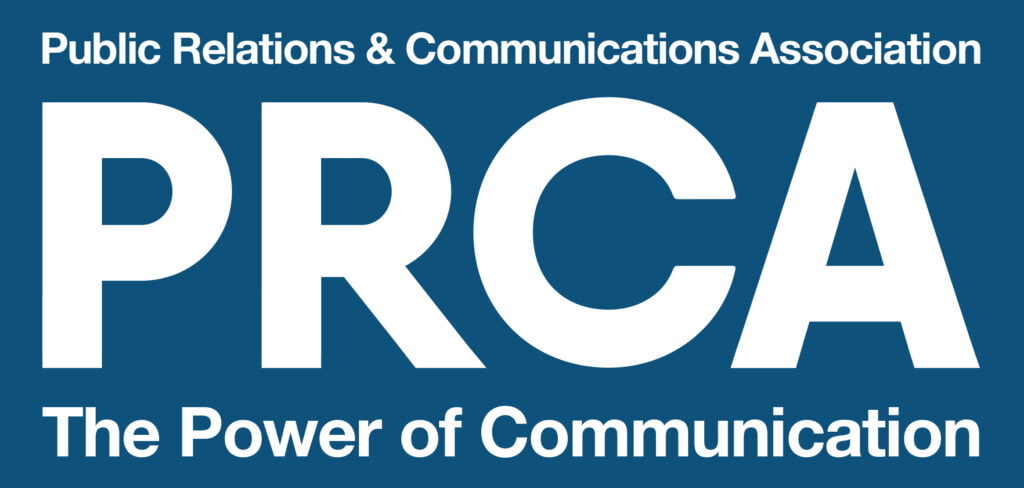

DUO Marketing is an exclusive partner for the The Plexus Group, a group of global PR and digital marketing agencies servicing clients in the ICT sector. With a presence in over 45 countries, Plexus enables clients to benefit from tailored and scalable communications solutions that support both global and local strategies.
DUO Marketing supports Plexus’ strategy to serve clients who want to make good use of the opportunities presented by the emerging growth in Africa with PR, social media and online marketing. The partnership forms part of DUO’s strategic objective to increase market share with a global client base and further expansion into Africa.
You have a story to tell. Let’s make it engaging and persuasive as we bring it to life.
We have a deep understanding of the Tech and Telecoms landscape and offer a wide array of services to position our clients effectively in the media and across all relevant digital platforms.
So, partner with a specialist PR and Digital Agency that understands your business, industry and customers.

